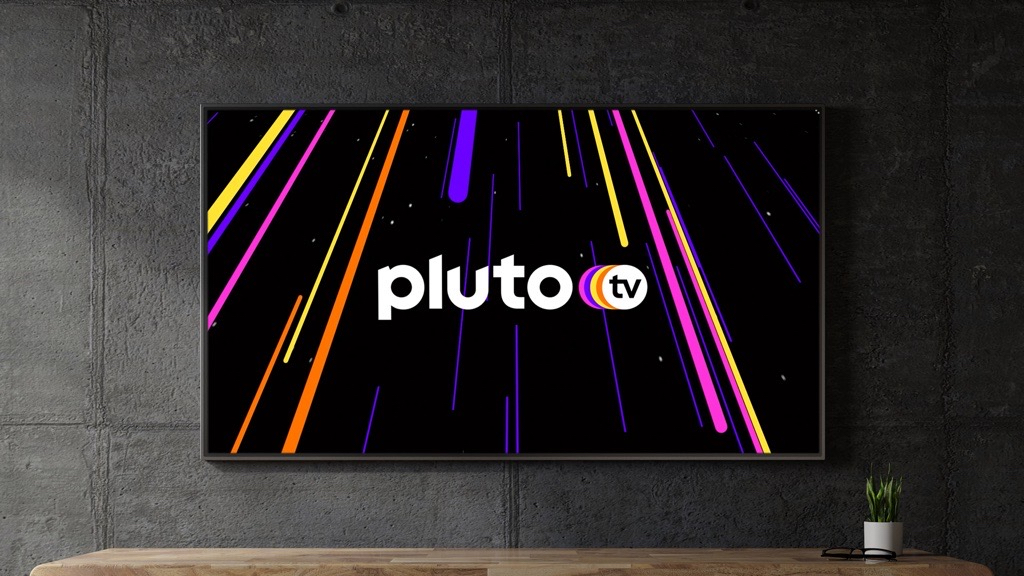
After more than 40 years of operation, DTVE is closing its doors and our website will no longer be updated daily. Thank you for all of your support.
DTVE Interview: Olivier Jollet, EVP general manager, Pluto TV

The Pluto TV boss discusses the Paramount-owned streamer’s contrarian approach to the industry, expansion plans and the importance of partnerships and collaboration
At a time when Paramount has been heavily pushing its new subscription platform Paramount+, it is easy to forget that it has another major streaming service that is quietly spreading its reach across the globe.
Acquired by then-Viacom in early 2019 for US$340 million Pluto TV has grown from 12 million monthly active users to more than 68 million monthly active users who have streamed over 4.8 billion total viewing hours across 30 countries and territories generating more than US$1 billion in ad revenues in 2021. It has done this by purposely taking a contrasting approach to the trends in the market, Olivier Jollet, EVP general manager at Pluto TV international and head of mobile at Paramount tells DTVE.
“We built the company on three contrarian principles: Free in the age of subscription; linear in the age of on-demand and ad-supported at the time where almost all services were going ad-free,” he says. “This is still the core DNA of our product, really bringing a lean-back experience into a more on-demand-driven streaming market.
“This vision is still there and even if at the beginning no one believed there was a future in a linear experience in the streaming market, the success of Pluto TV proved that the vision was right.”
The most recent expansion of Pluto has been to the Nordics, where the platform has merged with Viaplay-owned BVOD service Viafree. Jollet explains that the company takes a measured approach to expansion and looks to work with players in that market instead of trying to provide outright competition.
“When we started talking with NENT Group (now Viaplay), we had discussions on how we could partner together and whether we should compete against each other for building a free streaming destination,” Jollet says. “We took the decision to join forces and build one destination for free streaming in the Nordics combining FAST, AVOD and BVOD into one platform.”
Jollet praises the results as “outstanding,” and says that it has a “much broader audience than if we’d have launched each platform standalone.”
The next stop for Pluto will be in Canada, where it will launch with more than 100 channels and over 20,000 hours (about 2 and a half years) of content, fueling this is a partnership with Corus, similar to that with Viaplay, with Jollet at the time described as a “game-changing partnership”.
Expanding on this, the executive says that the case in the Nordics and Canada is a “concept that is applicable in a lot of markets”
He says: “I believe in the power of partnership personally. I think we are in a very competitive landscape and having the ability to build one destination instead of building 10 or 20 different destinations is great for the end users. But it’s also great for advertisers who are also looking for a platform with scale to balance versus meta or Google.”
Looking forward, Paramount clearly has a dual-pronged approach to streaming with its premiere SVOD service and FAST Pluto. However, the distinction between the two is more defined than just a price point, with Jollet holding ambitions for Pluto to be better established as a more brand-agnostic platform where different rights holders can leverage their content libraries regardless of whether they have their own streaming services.
Examples of this cited by Jollet include Netflix showcasing its hit teen drama 13 Reasons Why on Pluto, while the company has recently signed a content deal with Sony Pictures Television that brings a range of its content to the platform.
At 68 million monthly active users, Pluto TV is clearly no slouch, and its scope is matched by the drive of its leader who wants the streamer to really establish itself as the de facto FAST platform globally.
“I think we I still believe we’re at the beginning of the story when I see how quickly the market is developing,” Jollet surmises. “More and more people are shifting to streaming, which doesn’t mean that TV will disappear, but I see that the potential is massive.
“We are willing to not only be the leading FAST platform, but we also want to be the leading destination for free streaming. Our company mission is to entertain the planet and the planet is big!”
Listen to the full interview with Olivier Jollet in the latest episode of DTVE’s podcast TV Watch.



